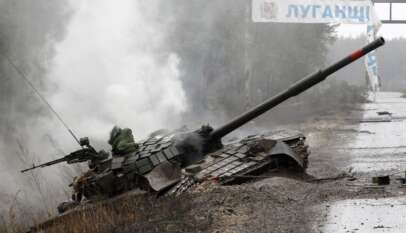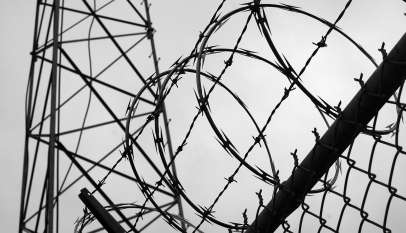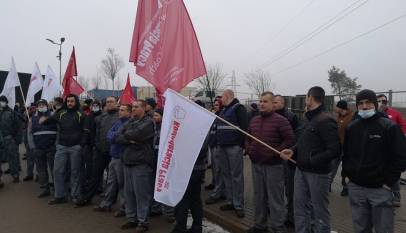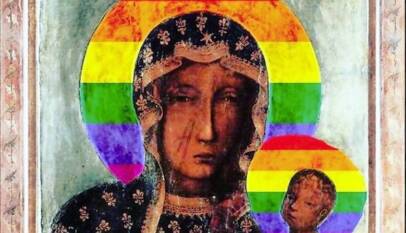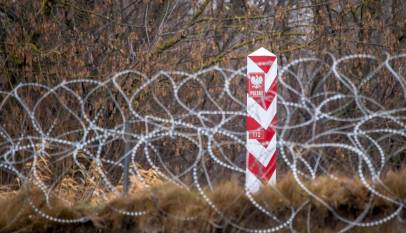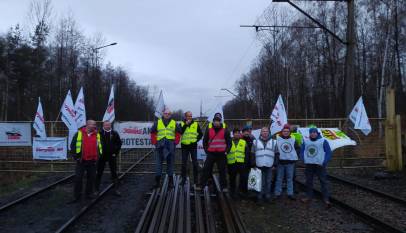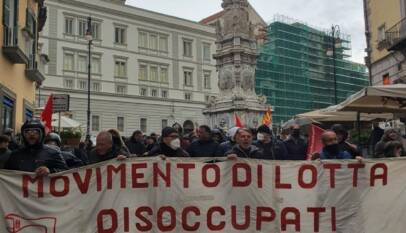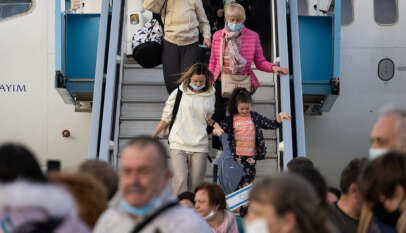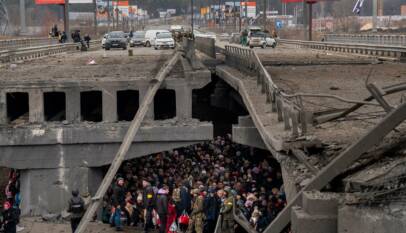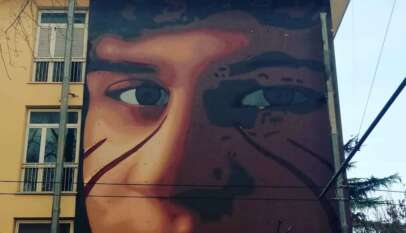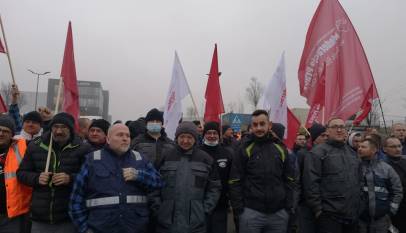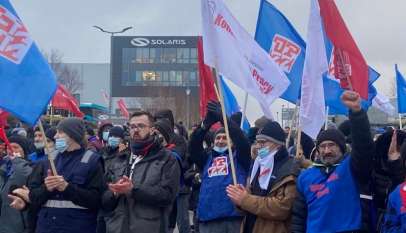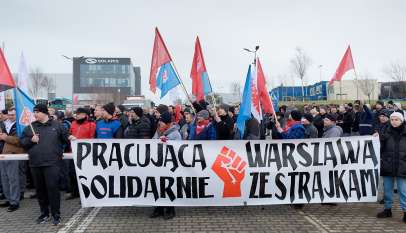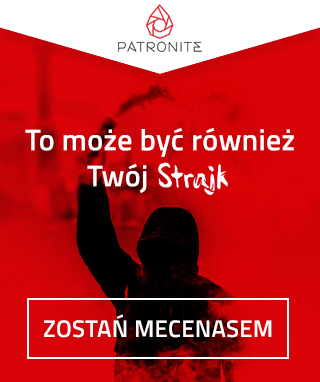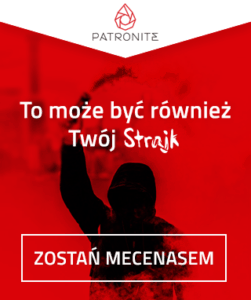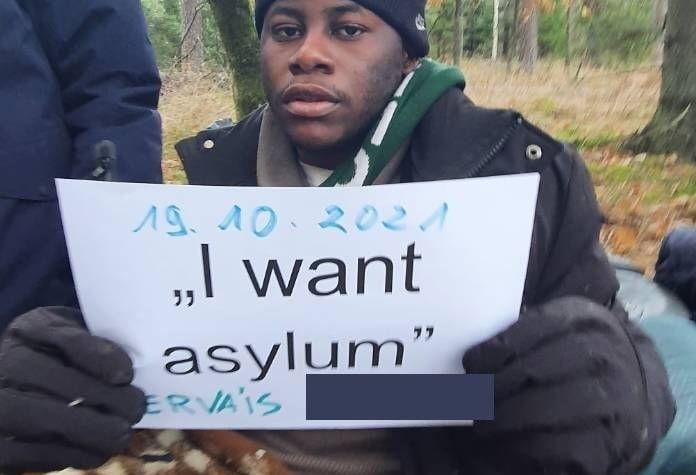
The crisis on the Polish-Belarusian border is still going on at best, and there is nothing to indicate that it will end soon.
Only from 16 to 22 October, almost 1000 people asked for support – their pleas were sent to activists from Border Group, a grassroots initiative which aims to offer basic humanitarian aid to those stranded at the border. As many as 566 people, individually or in groups, needed urgent help. The largest of these groups consisted of 32 people. Among those in need were adults and children. Other reports concerned large groups on the Belarusian side – two groups of about 200 people.
Migrants stuck in tragic situation on the territory of Poland and Belarus come from Iraq, Syria, Afghanistan, Yemen, Democratic Republic of Congo, Cuba, Turkey, Sudan, Lebanon, Palestine, Egypt, Senegal, Ethiopia, Guinea. Border Group activists were only able to provide direct assistance to 413 people, going on 68 interventions. The remaining notifications concerned the state of emergency zone or the territory of Belarus. Crossing the Polish-Belarusian border is still illegal, and the state of emergency on the Polish side makes it impossible to operate in this area.
Grupa Granica: prawie 1000 osób potrzebowało pomocy, byli wychłodzeni, głodni i chorzy
Servais and Asser are 16 and 15 years old. They come from the Democratic Republic of Congo. On 20 September, Border Group activists provided them with emergency aid – they were exhausted and hungry. An ambulance was called to the older boy and both were placed under guardianship in Poland. On the same day, there was no trace of them.
On 20 September, the Border Group received a report from the inhabitants of the village of Płaska in Augustów County. It concerned a group of ten people from Africa, including Asser and Servais – teenagers, moving without parental care. The refugees had no food, drink or warm clothes. 16-year-old Servais could not move independently. – He was paralyzed from the waist down,” Anna Dąbrowska of the Border Group told our portal.
The activists called an ambulance to the scene, which they later determined had been dispatched from the Suwałki Ambulance Station. As always in similar situations, the Border Guard arrived at the scene along with medical assistance.
No matter the age, gender or health status, pushbacks are becoming more brutal. Recently a pregnant migrant fell victim to violence at the border.
The Belarusian State Border Guard Committee (PGK) reported on the serious condition of the woman, who has already been taken to a Belarusian hospital. According to the woman and her son, while on the Polish side they tried to apply for refugee status, which of course was not considered by the Border Guard. Using psychological and physical violence, the guards forced the family to cross the border back to the Belarusian side. The woman was allegedly hit several times in the stomach by one of the Border Guard officers, which shortly afterwards resulted in bleeding and the loss of the child. According to the victim’s testimony, it was a senior serviceman with one star on his epaulettes. There is also a video of the rescue on the PGK website.
Władze Hajnówki idą za przykładem wójta z Michałowa. Rozpoczynają zbiórki na rzecz migrantów
An amendment to the law on foreigners, which is contrary to the Geneva Convention and allows push-backs in the name of the law, was signed into law by President Andrzej Duda on Tuesday. It gives the Border Guard the right to take migrants into the woods, transfer them to the territory of Belarus and then seek to have them banned from entering the Schengen zone.
Men, women, and children, no matter where they came from and without their applications for protection being processed, will be thrown back into the forest, into Belarus. Currently they are too, but from the day after the law is promulgated it will happen in the majesty of the law. The Sejm passed the bill allowing push-backs by the votes of the Law and Justice party, the Confederation and the Alliance. The Senate also approved the bill, trying only to introduce a minimal, in fact an apparent protection for families with children. However, this amendment failed in the lower house. The bill signed by Andrzej Duda does not contain it.
Polska będzie wyrzucać migrantów na Białoruś w majestacie prawa. Andrzej Duda podpisał ustawę
Ten months in prison and 10,000 zlotys in compensation and court costs – that’s how much it will cost the 36-year-old to throw a flare that ended with the arson of the apartment belonging to the artist Stefan Okołowicz. The sentence was handed down in the second instance, so the „real Pole” will have to reserve time for a stay in a truly Polish prison.
The March of Independence could not take place legally because of the raging epidemic. The organizers, Bąkiewicz and Co., had promised that a cavalcade of cars would pass through Warsaw and that the demonstration would be peaceful. It turned out as usual. Hordes of aggressive nationalists and right-wing supporters came to the capital. They celebrated Independence Day by demolishing the public space of their homeland.
Some of them felt provoked by the presence of a rainbow flag and a poster of the Women’s Strike on one of the balconies. Flares and small objects flew. The „descendants of the hussars” did not manage to aim at the balcony where the installation was placed. The flares flew into the studio of Stefan Okołowicz, two floors below. At the time, the painter and prominent Witkacy expert was watching coverage of the riots in another room. He was informed about the fire by the president of the housing cooperative by phone. The room into which the flare had fallen contained reproductions of Witkacy’s photographs, prepared for the next year’s international exhibition. – Fortunately, nothing got caught by fire,” said Okołowicz afterwards. He explained that the flare fell between the doors, which began to burn.
State employees reminded the government of their existence. On Saturday, October 23, they marched from the Ministry of Finance to the Chancellery of the Prime Minister.
In front of the Chancellery the participants of the demonstration left a block of ice in the shape of a cash window with the inscription KASA (cash office, but also cash in Polish). We demand 12 percent. It was a clear reference to the planned freezing of salaries in the public sector in 2022. Earlier, in the speeches of subsequent participants of the protest, resounded grief and anger because of the fact that wages, even without freezing, are practically standing still, or rather – eaten up by inflation. Working for the state is associated with responsibility, a growing range of duties, but not with a decent income. – We are left with a measly salary – said the protesters.
”Mamy dość wykrętów”. Pracownicy budżetówki demonstrowali pod KPRM, premier ich nie przyjął
How is the war in Ukraine changing Poland?
The Russian invasion of Ukraine is changing the whole world. Its consequences are felt by …

